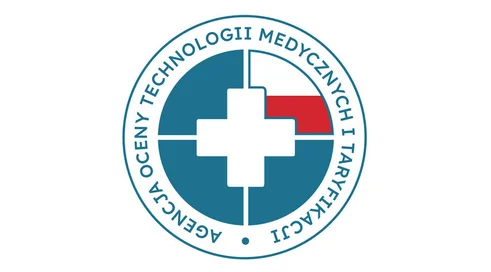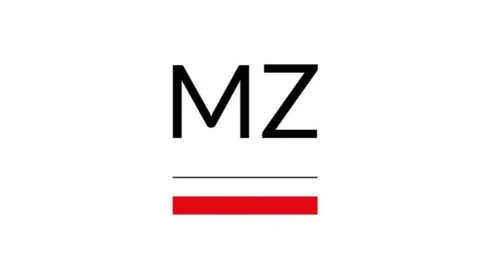Theoretically, the rules for the transitional period are clear: according to Article 8 of the Act of August 17 of this year amending the Act on Reimbursement of Medicines, Foodstuffs for Special Dietary Purposes and Medical Devices, as well as some other acts, the current provisions apply to reimbursement proceedings initiated and not completed before the effective date of the amending act. The only exceptions to this are the provisions of Article 11 of the Reimbursement Act (regarding coverage or denial of product coverage and the content of the reimbursement decision), and Article 31a(3a) of the Act, according to which Article 98 of the Code of Administrative Procedure (on suspending administrative proceedings at the request of a party) does not apply to reimbursement proceedings. In practice, however, some of the new provisions are already being applied to proceedings initiated before the DNUR came into force, while the application of others is deferred.
An example of the changes to the Reimbursement Law, which are now being put into practice even...
Content locked
To gain access to the complete English section of the Medexpress.pl, kindly reach out to us at [email protected].
















